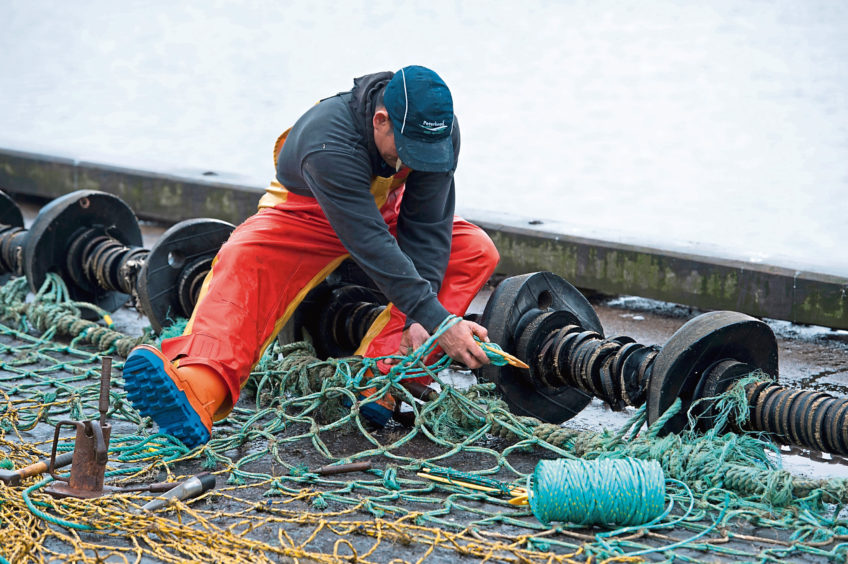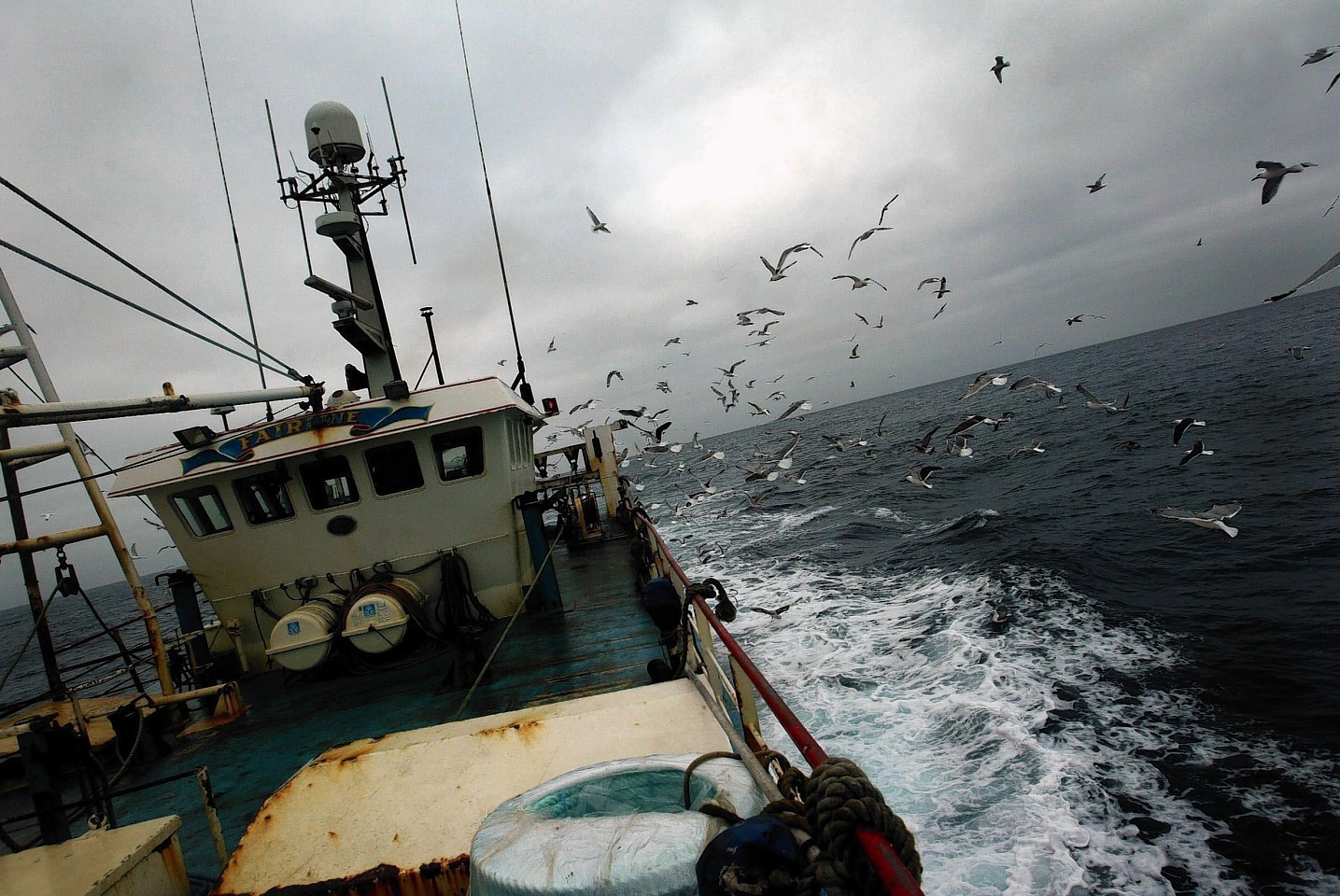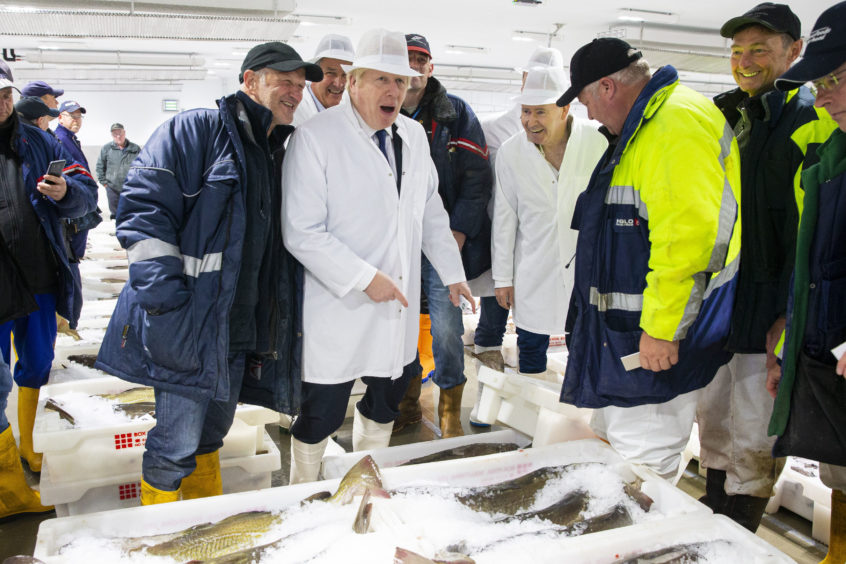Britain becoming an independent coastal state was one of the central pillars of the 2016 referendum campaign.
The promise to “take back control” of our waters was effective as it was both romantic — the idea of us Brits becoming a buccaneering sea faring nation once more chimed and on the face of it at least, was easy to explain.
Exiting the European Union would see struggling coastal communities and hard-pressed fishermen getting extra investment and earning more cash as fishing quotas were renegotiated, or so it was promised.
Four years on from that vote, the man who led the campaign to leave the EU, Boris Johnson, is now in Number 10 and is on the verge of opening fisheries negotiations with Brussels.
Make no mistake, this undertaking will have more minefields than Boris’ bridge over the munitions dump in the Irish Sea.
The first point to make is that the EU and UK are diametrically opposed in their objectives when it comes to fish. Brussels have made clear that they want the same access to British waters and the same quota shares and have warned a wider trade deal will not be possible without agreement on this. London have been clear in saying they want a Norway like relationship, with annual negotiations on fisheries access. With both sides so far apart, it is hard to see where a comprise will be found. If it eventually does come down to a choice between fisheries, which is 0.1% of the economy, and a wider deal, which will Mr Johnson choose? Tory MPs have said it is “unthinkable” for the prime minister not to make good on past promises, perhaps they should ask the DUP how that worked out.
The second point to make, is that there is no one British fishing industry. There are many competing interests, whether that be English vs Scottish, white fish vs pelagic, deep-sea fishing vs inshore fishing and fishers vs processors. It is difficult, for example, to find a common interest between the corporate owners of a pelagic vessel chasing mackerel in the Atlantic and the inshore fishermen who set out alone, or with a very small crew, from Scotland’s west coast.
The fundamental point in this debate that has often been missed by those in Westminster is about quota shares. A significant reason behind the decline in fishing communities since the seventies has been the sale and concentration of quotas into fewer and fewer domestic and foreign hands – something successive governments have permitted. In Scotland for example, lucrative white fish quotas are dominated by three or four multimillion-pound companies.
These larger firms will be hoping for a Brexit trade deal that gives them the opportunity to press for more quota through annual negotiations with the EU.
The picture for the smaller, inshore fishermen, who have regularly been held up as the chief beneficiaries of Brexit could not be more different. Jeremy Percy, director of the New Under Ten Fishermen’s Association which represents the UK’s small fishing vessels, aired his frustration over this issue before a House of Lords committee only last week.
Watch live: Elspeth Macdonald from @sff_uk, Barrie Deas from @NFFO_UK, @TheJerryPercy from the New Under Ten Fishermen’s Association, and Andrew Kuyk from the UK Seafood Industry Alliance set out their priorities for fisheries negotiations: https://t.co/fFZNO6xBMn
— Lords EU Committee (@LordsEUCom) February 12, 2020
“80% of British fishermen didn’t have any quota in the first place and in fact the 80% of the under 10 only have access to less than 2% of the national quota, so it was others who were entirely responsible for flogging off the family silver”, he said.
A secondary issue for the inshore fleet is that they rely much more on EU workers and export the majority of their goods to the continent, both of these may become more difficult depending on the deal Mr Johnson negotiates.
If, as is planned, the UK Government enacts a points based migration system after Brexit and sets the minimum wage threshold at £25,000 it will have huge ramifications for inshore fishermen. One skipper told me last year that going for a points based system and ending freedom of movement would be a disaster for the industry on the west coast.
Industry figures have also predicted hardship for a “significant number” of small boat owners if issues around health and landing certificates and capacity at continental ports are not ironed-out in Mr Johnson’s trade deal.

“The so called sea of opportunity that many fishermen expect from Brexit and Britain being free from the common fisheries policy may produce a sea of despair for many inshore fishermen who rely on friction-less borders for their products entering Europe”, the body representing the Scottish creel fishing industry said only last week.
There is, if Brexit is to be a success for fishermen, an imperative to find a deal that delivers not just for the larger firms but also ensures the smaller boat owners can prosper. Mr Johnson should also be mindful of the fact that this is a decade in which the future of Union is once again up for debate and if Scottish fishermen see no uplift, they may well start to drip away from the Tories.
Dan O’Donoghue is the Press and Journal’s political correspondent at Westminster

